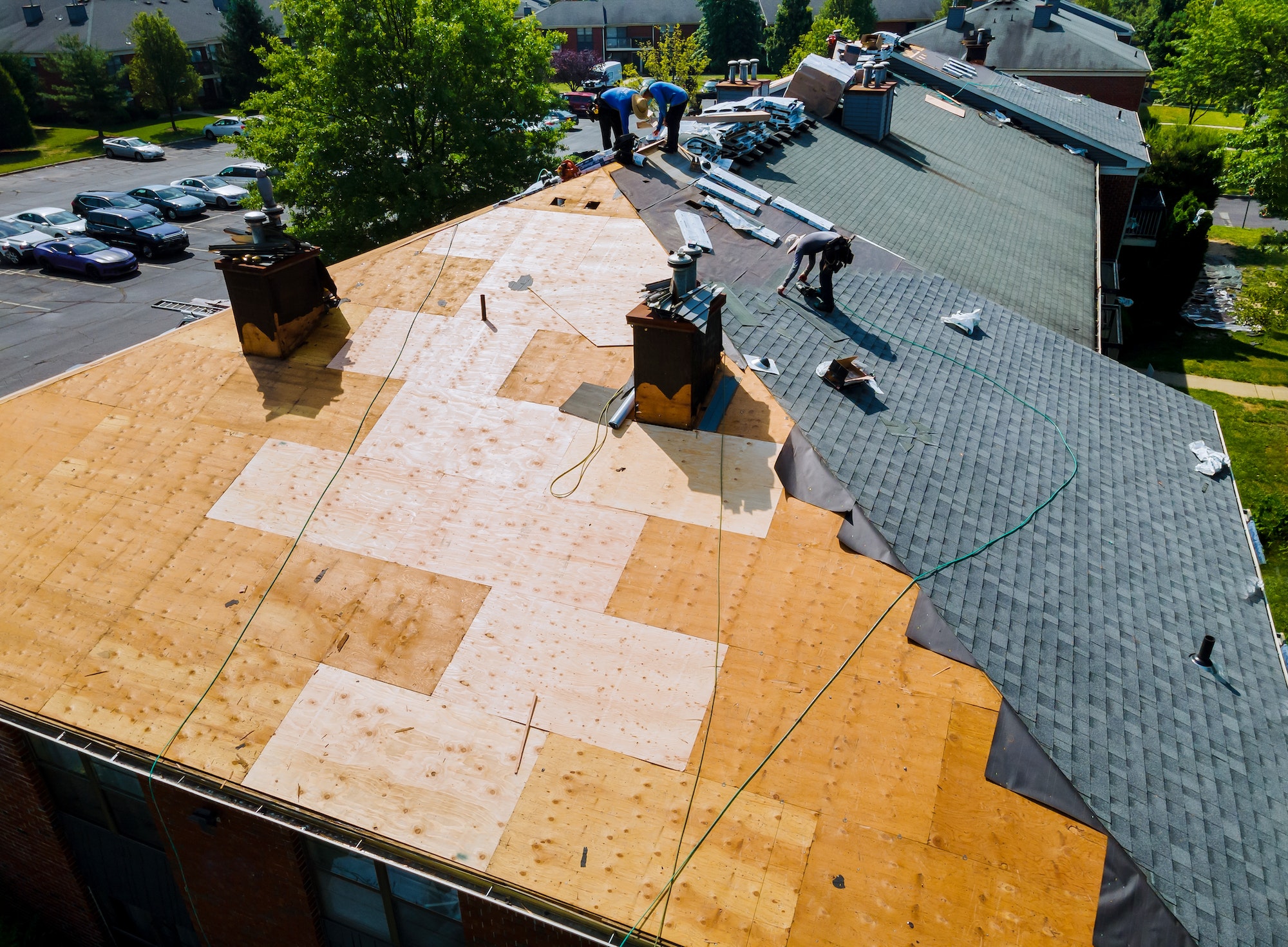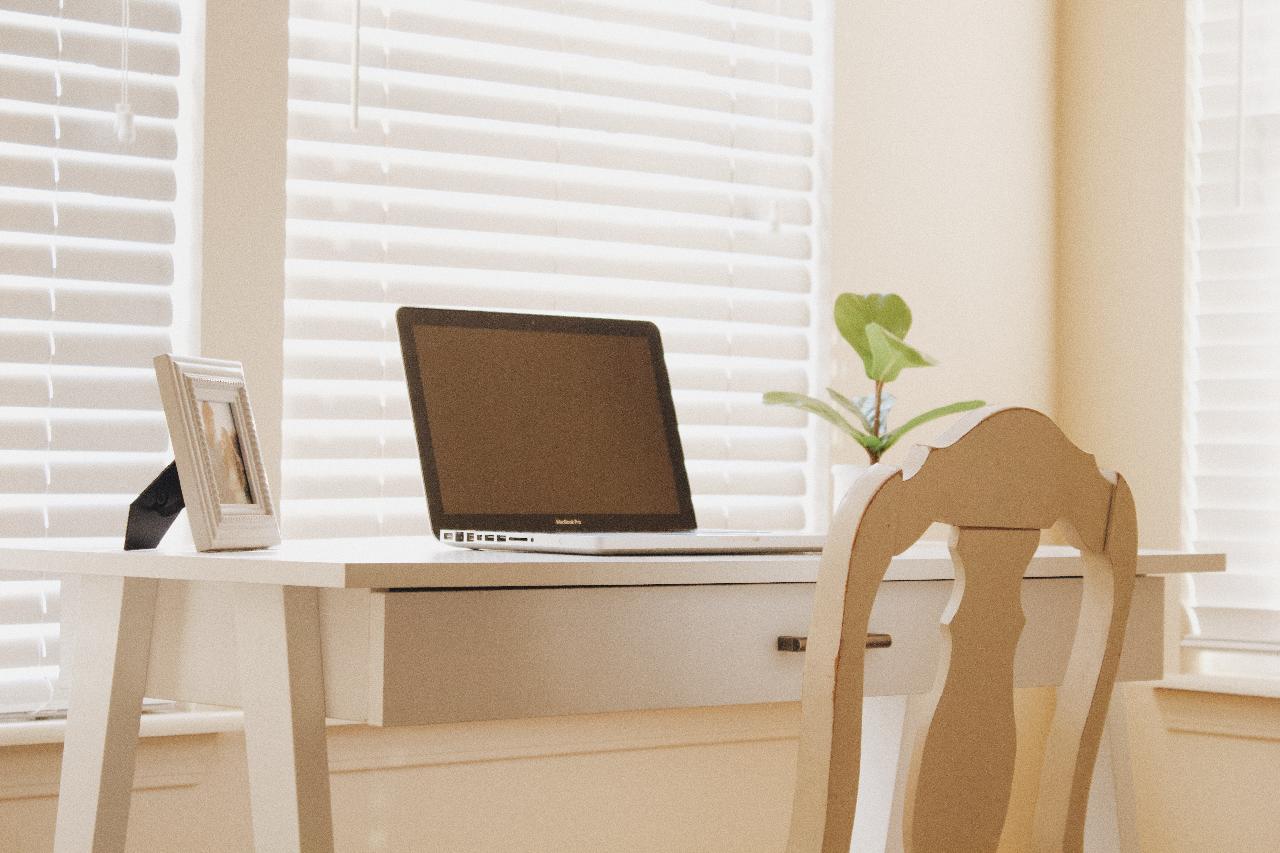We live in a technologically advanced world where, even to communicate with your family and friends, you would need to rely on technology. The world has progressed in the last few years so much that for every basic need of a human being, a tech-powered tool is available. The same is the case in the field of education. Today, the learning experience of students is not the same as it used to be. With digitized classrooms and gadgets, students can learn faster and also have fun in the process.
Be it any domain of education, technology has been integrated to make learning simpler and more accessible. Architecture education is no different, as this field heavily benefits from integrating the latest technologies. The majority of the manual work and traditional techniques have been replaced by modern architectural tools. In this article, we have described the paramount importance of combining architecture education with recent technologies to build a futuristic living environment.
1. One-to-one interaction with experts
While teachers can teach courses in architecture using textbooks and online materials, nothing compares to the direct interaction with the subject experts. Thanks to technology, students can directly interact with experts through video calls using applications like Skype, Zoom, Google Meet, etc., and see live demonstrations of concepts by the experts.
If you are a college student, you may need translation services for academic purposes. However, as there are a plethora of online translation services available, one may get confused about choosing the right one. Pickwriters can help you uncover trustworthy providers. Their reviews will enable you to compare the pros and cons of each and decide the best service for you.
2. Increased focus
Focus is crucial for learning any topic. Given how topics in architecture can be tricky to understand, one needs all the more focus and dedication. Due to the integration of technology in architecture education and the introduction of innovative ways of learning, it has become easier for students to concentrate on the subject. When studies become fun, who would not want to learn?
3. Learn beyond the classroom
If anything, due to technology, learning has become flexible and liberating. Students no longer have to forcefully sit in the classrooms and attend lectures if they do not feel like it. There are plenty of online resources and study materials available for them to refer to and understand their subjects and also prepare for exams.
Whether you are in architecture school or otherwise, writing research papers is one of the crucial parts of your curriculum. However, it is not easy for many students to write research papers owing to a shortage of time and sometimes poor writing skills. In such a case, students can check out TopEssayWriting, where they can hire professional writers for their research papers. The best part about this platform is that not only do you get quality research papers, but you also get on-time deliveries and revisions on request.
4. Enhanced learning experience
Architecture education requires great problem-solving skills. A lot of times, students have to design solutions to complex problems and research them thoroughly. Earlier, this used to be a tedious task but provided the number of efficient tech tools available for designing, students’ work has become convenient. You just need to download such applications to your phone or laptop and start designing and improving your architecture skills.
Final words
We are looking at a bright future ahead as new technologies have made the lives of people easier. Not only can daily tasks be done conveniently with the use of technology, but it has also significantly aided the education industry. Architecture education, among several other domains, has largely benefited from emerging technologies as students today can quickly learn tough concepts and enhance their skills with no inconvenience.
Author: Joanne Elliot
Joanne Elliot is a professional writer and an avid reader. She currently works at a popular architecture firm as a content writer. She previously worked as an online tutor and coached several school and college students to improve their writing and communication skills. When Joanne is not occupied with work, she reads philosophy books.
Discover more from Futurist Architecture
Subscribe to get the latest posts sent to your email.




